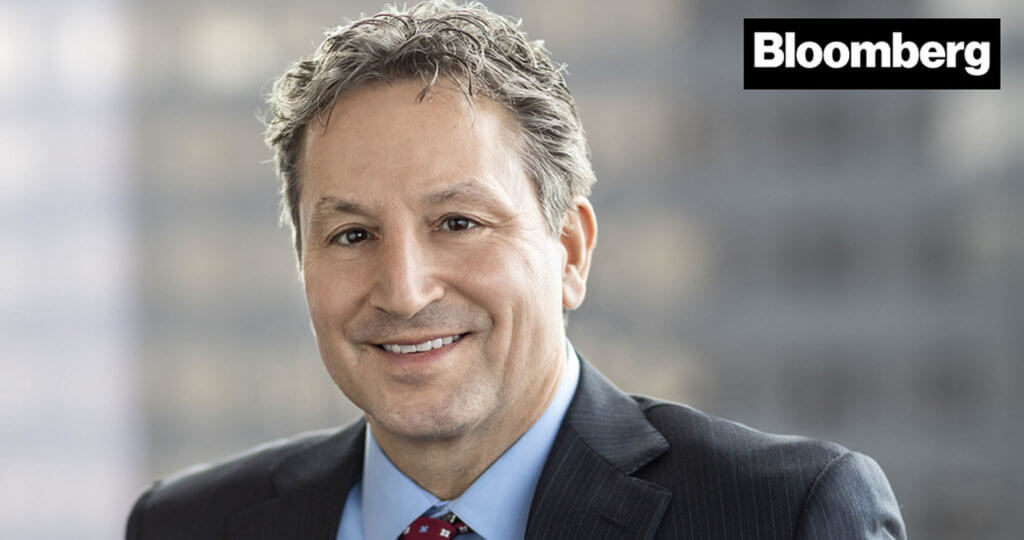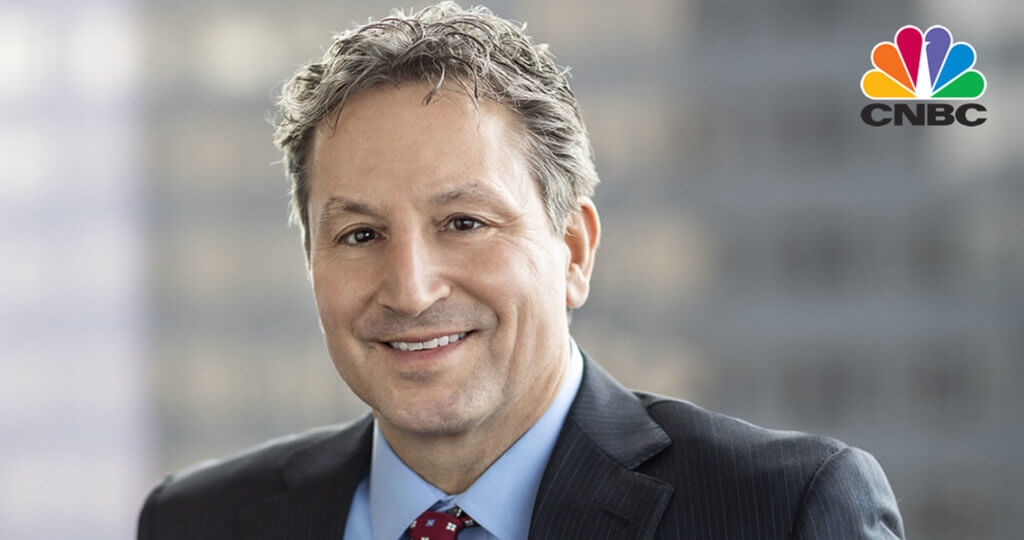Oakmark International Fund – Investor Class
Average Annual Total Returns 03/31/22
Since Inception 09/30/92 8.81%
10-year 6.12%
5-year 3.33%
1-year -8.66%
3-month -8.69%
Gross Expense Ratio: 1.07%
Net Expense Ratio: 1.05%
Oakmark International Small Cap Fund – Investor Class
Average Annual Total Returns 03/31/22
Since Inception 11/01/95 8.70%
10-year 5.79%
5-year 5.13%
1-year -5.29%
3-month -11.31%
Gross Expense Ratio: 1.37%
Net Expense Ratio: 1.35%
Expense ratios are based on estimated amounts for the current fiscal year; actual expenses may vary.
The net expense ratio reflects a contractual advisory fee waiver agreement through January 27, 2023.
Past performance is no guarantee of future results. The performance data quoted represents past performance. Current performance may be lower or higher than the performance data quoted. The investment return and principal value vary so that an investor’s shares when redeemed may be worth more or less than the original cost. The To obtain the most recent month-end performance data, view it here.
Fellow Shareholders,
After a strong start to the year, the International Funds’ performances faded and turned negative in reaction to the war in Ukraine. Please refer to my shareholder letter released in early March where I discuss this specific issue. Despite the adverse impact on share prices, especially in Europe, we believe company valuations remain attractive as the underlying intrinsic values of the companies we own, in most cases, have remained stable or even increased, despite the events in Eastern Europe.
Out with the Old, in with the New
During my 35+ years as a professional investor, there has been no shortage of macro events that have caused large disturbances in global equity markets. And, of course, there were plenty of such events before I started in this business: wars, banking crisis, regional economic crisis, pandemics, etc. It seems when one event passes, another often follows—as we have seen this year. In actuality, however, no two events are ever alike. Macro events cause similar share price reactions as investors tend to act in a synchronized, knee-jerk fashion because of unknown fears that these events precipitate. As more of the “unknowns” become “known,” equity prices often recover. Investors also like to replicate past behavior, despite circumstances differing for each macro event.
As an example, we have seen heavy selling of financials and economically sensitive businesses with the unfolding of events in Ukraine. This aggressive selling because of a macro event is basically the same playbook investors used during the great financial crisis (GFC) in 2008 and, to a lesser extent, the Greek situation post the GFC. However, we would argue the situation today is far different than the situation surrounding the GFC as the global financial system has spent the last 10+ years recapitalizing. Whereas banks entered the GFC light on capital, today many of these financials have excess capital. The same is true for many of our economically sensitive industrial businesses, such as the auto companies. Today’s auto OEM tends to have excess cash and is experiencing excess demand conditions where they are unable to satisfy demand for their products. Despite these differences in circumstance, we see no investor behavior change. We believe this provides opportunity for the true long-term investor.
Finally, I would highlight the importance of the pandemic winding down on business conditions. With the focus on the war, many have almost forgotten that we are coming out of a 2+-year pandemic that should have positive economic consequences. The consumer is still king when it comes to growth in GDP, and for the last two years the global consumer has been constrained on spending, resulting in a high level of savings. The labor market is extremely tight with rising employment levels and nominal wages. Though inflation and supply chain issues will continue to plague the global economy, and notwithstanding the war in Eastern Europe, the post pandemic re-opening of the economy combined with the strong consumer make for an advantageous environment for global value investors. In addition, to reiterate what I wrote in my last letter, it is becoming evident that the “lower for longer” interest rate environment, which has dominated the post-GFC era, is coming to an end. All else equal, this should be extremely beneficial to banks and other financial institutions that have suffered slow earnings growth because of soft monetary policy.
Thank you again for your continued support and patience!
The funds’ portfolios tend to be invested in a relatively small number of stocks. As a result, the appreciation or depreciation of any one security held by the Fund will have a greater impact on the Funds’ net asset value than it would if the Fund invested in a larger number of securities. Although that strategy has the potential to generate attractive returns over time, it also increases the Funds’ volatility.
The stocks of smaller companies often involve more risk than the stocks of larger companies. Stocks of small companies tend to be more volatile and have a smaller public market than stocks of larger companies. Small companies may have a shorter history of operations than larger companies, may not have as great an ability to raise additional capital and may have a less diversified product line, making them more susceptible to market pressure.
Investing in foreign securities presents risks that in some ways may be greater than U.S. investments. Those risks include: currency fluctuation; different regulation, accounting standards, trading practices and levels of available information; generally higher transaction costs; and political risks.
The information, data, analyses, and opinions presented herein (including current investment themes, the portfolio managers’ research and investment process, and portfolio characteristics) are for informational purposes only and represent the investments and views of the portfolio managers and Harris Associates L.P. as of the date written and are subject to change and may change based on market and other conditions and without notice. This content is not a recommendation of or an offer to buy or sell a security and is not warranted to be correct, complete or accurate.
Certain comments herein are based on current expectations and are considered “forward-looking statements”. These forward looking statements reflect assumptions and analyses made by the portfolio managers and Harris Associates L.P. based on their experience and perception of historical trends, current conditions, expected future developments, and other factors they believe are relevant. Actual future results are subject to a number of investment and other risks and may prove to be different from expectations. Readers are cautioned not to place undue reliance on the forward-looking statements.
All information provided is as of 03/31/2022 unless otherwise specified.





